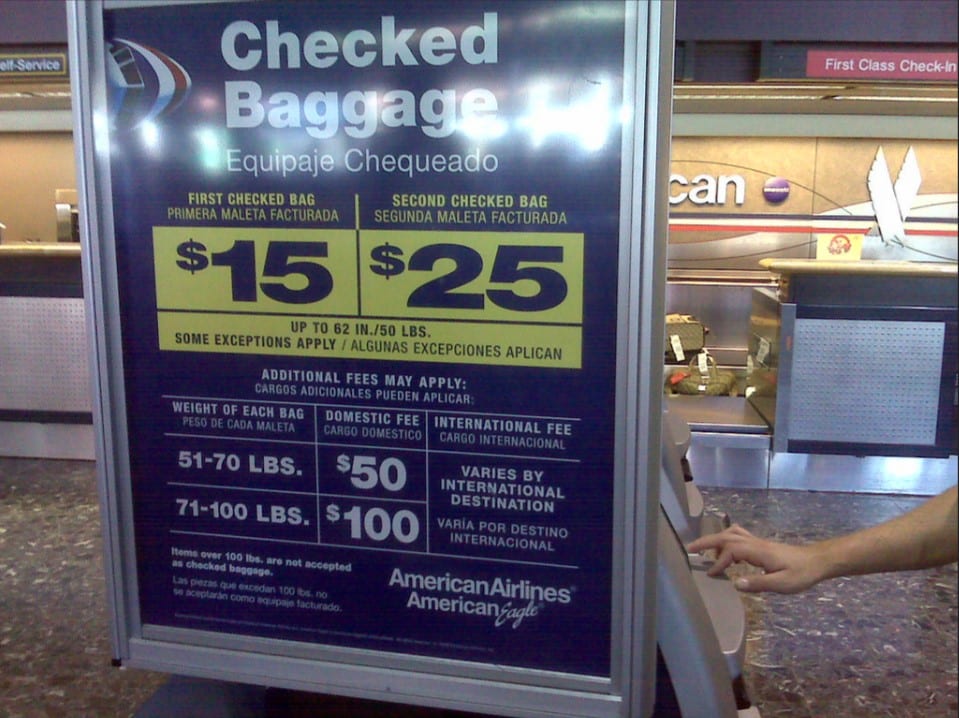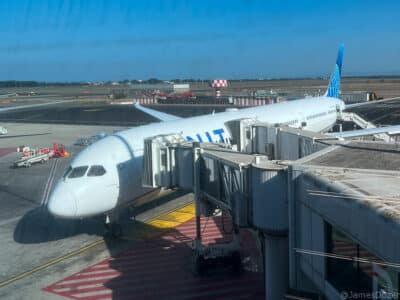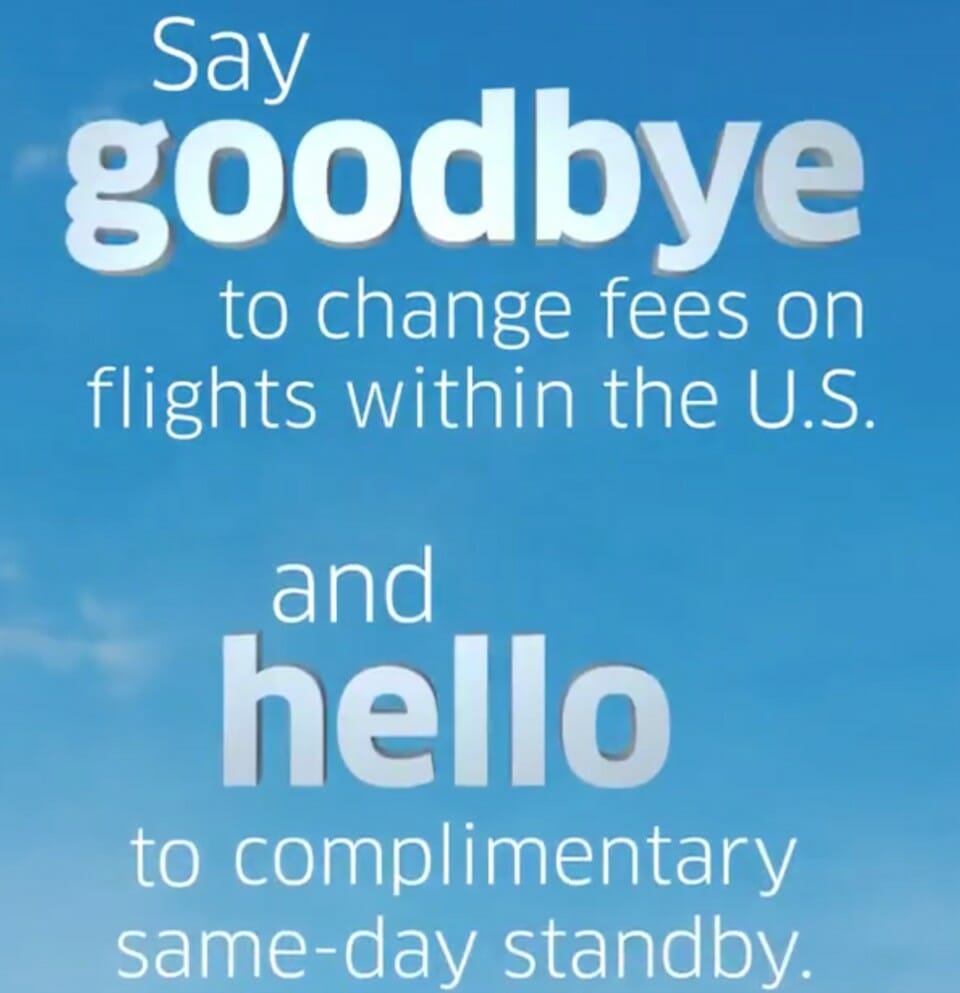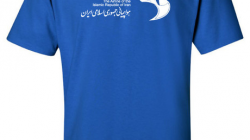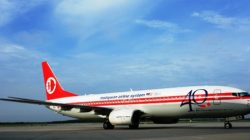The Biden Administration announced on Monday that it wants airlines and online travel agencies (OTA) to disclose the fees that airlines want to charge you. For those of you that are relatively new to flying, I’m talking about the amenities that you used to get for free and you now pay for. Transparency is what the flying population is lacking today.
A Look Back, Way Back
In order to understand where airline fees came from, we first have to look at what flying was like before airline fees. Buckle up and let’s take a flight back in time to the land of no fees.
The year was 1967 and my family flew on our first vacation by airliner, from Los Angeles (LAX) to Vancouver, BC, Canada (YVR). As a young lad, I was so excited about flying on a jet that I couldn’t sleep the night before. I watched my dad make reservations for this round-trip airfare. He called airline A, got the price and made a reservation. He then called airline B, got a better price and made a reservation. Not satisfied, he call Western Airlines and got a still better price and made a reservation. Back then, you could make a reservation without paying upfront. Did he cancel our tickets with Airline A and Airline B? Nope, he said they would eventually figure it out we were going to be “no-shows”. This is why airline overbooking was created. Also back in those days, there were no Visa or Mastercard credit cards so you were more or less on the “honor system” with the airline.
I grew up with free reservations and free stuff. People back before 1978 got used to getting free stuff with their airfare. Your airline ticket came with:
- Reserved seating at no extra charge,
- Checked baggage with no extra charge,
- Hot meals with no extra charge and
- You could change your mind at no extra charge.
This sounds like a pretty good deal. You paid one price that you knew in advance and that was it. The price was all-inclusive to use a popular lodging term today.
The Airline Deregulation Act of 1978
Before the Airline Deregulation Act of 1978, if an airline wanted to:
- Fly a new route,
- Add or decrease service,
- Increase an airfare or
- Lower an airfare, they needed the approval of the Civil Aeronautics Board (CAB) in Washington, DC.
The Act did away with the Civil Aeronautics Board as it was dissolved. Now, airlines were free to more or less – come and go as they please. Back in 1978, there were about 40 national and large regional carriers in the United States. The Act did spur competition within the airline industry and airfares dropped. This is where I mention that prior to the Act, our parents saved all year for that one vacation per year by plane because the fares were so high. Deregulation lowered ticket prices so that people could take the plane just like they were taking a bus.
In 2022, there are just a handful of airlines left so competition for customers to get the best deal is fading into the sunset. The number of airlines could be reduced again if the JetBlue and Spirit merger clear all of the regulatory hurdles to happen.
It Started With Hotel Resort Fees
Back in 1997, the hotel industry found out they could sell more rooms by advertising a lower price. The “resort fee” was created to create an ala carte menu of room pricing. Things that you used to get for free like bottled water and internet were now bundled in the resort fee. The name “resort fee” conjures up the expectations of some sexy experience where my reservation was transformed from a “plain-Jane” hotel room to a mystical resort experience. Woohoo!
Sadly the resort experience was an illusion but the dreaded resort fee was a reality. The hotel industry found a sneaky way for me to pay extra for what I already paid for in the room rate.
I stayed at a hotel in Las Vegas a few years ago and I was hit with the resort fees. Here is how the conversation went:
“So this is a resort”?
“Where is your golf course?”
“We don’t have a golf course”.
“OK, where is your pool?”
“We don’t have one of those either”.
“What do I get for my $29.00 per night resort fee?”
“Here are your two bottles of water and the password for the internet”.
Monkey See, Monkey Do
The airline industry took notice of what the hotel industry was doing with the “resort fees”. They saw that hotels could unbundle amenities and not give the customer a choice about those bottles of water or the internet. The airlines figured out that they were giving away the store for checked bags, hot meals, assigned seats and the like. That was enough for the airline executives. In 2015, Delta led the charge in devaluing its frequent flyer program. The “Skymile” program became the “Skypeso” program.
Here is what I know. If Delta does “X” today,
- A week later, United will do exactly the same thing and
- Within six months, American Airlines will fall in line.
“NO FREE BAGS FOR YOU!” That sounds like something that might have come from a Seinfeld episode. The fees charged by an airline other than the seat that you sit in are called “ancillary fees”.
It’s only a matter of time before airlines bring back change and cancellation fees.
The Biggest Airline Trick – The “Basic Economy Fare”
This may have been the biggest trick that the airline industry has pulled on the American consumer. Perhaps, “basic economy” should be called “bare-bones economy”. Basic economy pretty much provides you with a seat.
- Do you want to use the overhead compartment? Pay a separate fee or upgrade to regular economy.
- Do you want a bag of peanuts with your drink? Pay a separate fee or upgrade to regular economy.
- Do you want to print your boarding pass before coming to the airport? Pay a separate fee or upgrade to regular economy.
- Do you want frequent flyer miles for your basic economy flight? You have one choice, upgrade to regular economy.
- Do you want to use the lavatory? OK, it hasn’t gotten this bad yet. RyanAir did have a conversation with Boeing for a coin-operated lock on the lavatory doors.
When people find out what they have to live without, they end up spending more on ancillary fees than if they purchase a regular economy ticket to begin with.
Transparency In Fare And Fee Pricing
If you are going to get hit with ancillary airline fees, the Federal Government wants you to know what they are ahead of time so that you can make an educated decision.
“You should know the full cost of your ticket, right when you’re comparison shopping,” Biden said.
Transportation Secretary Pete Buttigieg said in a news release earlier on Monday that the proposed rule “would require airlines to be transparent with customers about the fees they charge, which will help travelers make informed decisions and save money.”
The airlines have an industry lobbying group called Airlines for America. This group represents the major airlines in the United States.
Airlines for America believes that the airlines already offer transparency to consumers. In a group statement, they said, “U.S. airlines are committed to providing the highest quality of service, which includes clarity regarding prices, fees and ticket terms.”
The proposed rules are in the public comment stage for the next 60 days.
Final Thoughts
I believe that the American consumer should have transparency in financial transactions. If you finance a car, the loan documents contain a “truth in lending disclosure” which tells you how much will pay when the loan is paid off and how much you paid in interest. The traveling public deserves the kind of transparency in fare and fee structure(s).
Basic economy fares are probably the worst trick that the airline industry has subjected its customers to. They hope that you are so miserable that you will gladly pay for the amenities that regular economy passengers who paid a few bucks more per ticket get.

